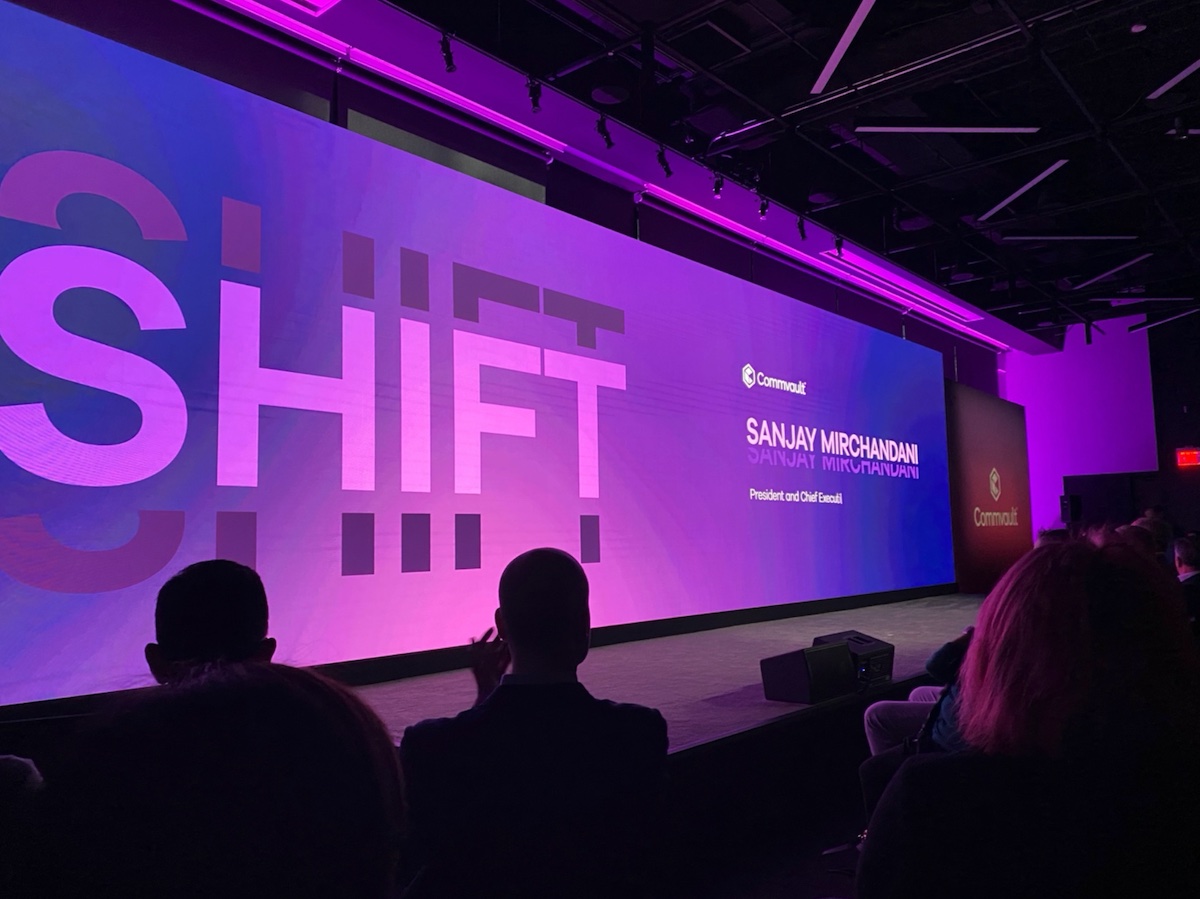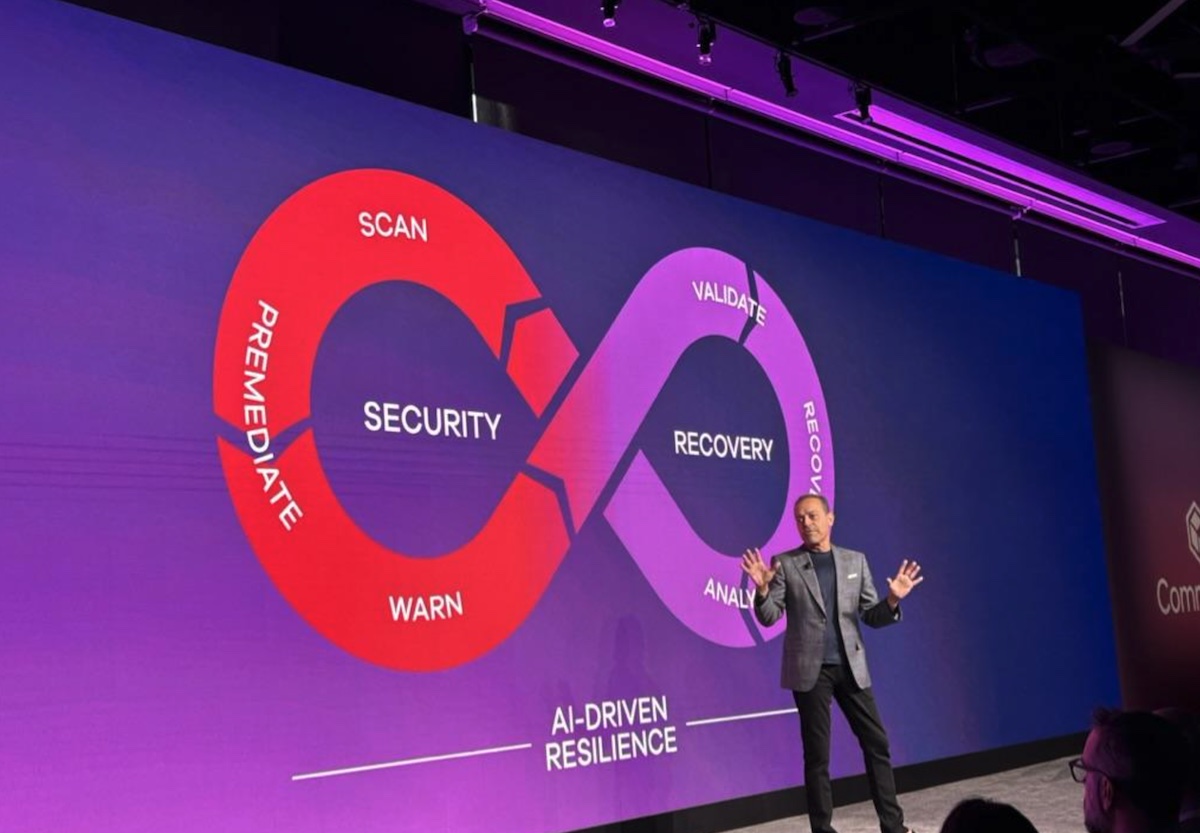Today is the (a?) day of reckoning in the 3Par saga, with Dell widely expected to make a counter-offer higher than HP’s bid. But this mega deal, like the Data Domain war before it, sends a strong signal to the enterprise IT world: It’s open season on data storage companies! But the rising superpowers are also likely looking at networking as an area of expansion. The game is afoot!
The Competitors
The simple fact is, enterprise IT prefers to buy from large, established names like HP and IBM rather than smaller and less-familiar companies with names like Ocarina, EqualLogic, or even 3Par. The acceleration of sales by enterprise providers is what makes these big acquisitions so successful and why others involving less-powerful players often fail to deliver the same results.
Full-line “superpowers” like IBM, HP and now Dell and the new Oracle can influence purchasing decisions across a broad spectrum of hardware and software. Many large organizations are tightly coupled to one of these vendors, and will give their products stronger consideration even when they are new or unfamiliar. HP is already flexing their muscle selling their broadened network lineup, and Dell found that it could do this in data storage.
Software vendors like Microsoft, Citrix, and Oracle adamantly maintained a neutral stance toward hardware, but Ellison and company seem serious about changing this. Oracle’s success in selling Sun hardware will likely dictate further software acquisitions for Dell and HP, though IBM already has strength there. Then there is Intel, the wild card who just got wilder with their acquisition of McAfee.
Companies with narrower focus like Cisco, EMC, NetApp, Juniper, and Brocade have the same power within their sphere of influence but cannot pull in wholly-distinct products. Cisco is in the midst of this fight with their technically-excellent UCS blade servers: Although they were certainly a strategic CIO-level vendor in the largest organizations, “blades from a networking company” isn’t the as easy a decision as “networking gear from a full-line company.”
The Game
Then one must consider the market in contention. The enterprise IT space is not expanding, especially in the United States. This is very close to a zero-sum game, with Oracle’s or Dell’s wins being HP’s or IBM’s losses and vice-versa. There is massive money in play, and flexibility enough for it to swing between the competitors, but growth is not unlimited.
Enterprise storage and data center and campus networking are two areas where smaller companies retain enviably-large slices of the pie, explaining the interest in these spaces among the superpowers. These verticals still have room for sales to grow without displacing a fierce full-line foe, and the superpowers have lately been weak here. Storage and networking are enticing opportunities, but each slice is similarly dominated by “vertical superpowers” and partners EMC and Cisco.
So this is the game: Four full-line enterprise superpowers battling each other for datacenter dominance and coveting the extra profits of a few verticals. HP clearly believes they can chip away at EMC and Cisco in storage and networking; Dell and IBM have so far focused mainly on storage; and Oracle hasn’t made a move in either direction, instead challenging the other three in the core server and software space.
Pawns or Knights?
So where does this leave the smaller players? Are they merely pawns in the game, waiting to be sacrificed, or are they knights who can wield power across the field? The largest (Cisco and EMC especially) appear to have ambitions of their own as well as the financial and technical strength to shake up the game. They are unlikely to be acquired by the superpowers. Brocade, too, has broad strength in storage and networking but maintains relationships across the board that make an acquisition difficult.
Strong vertical players like Juniper, NetApp, Riverbed, and Compellent are ripe for acquisition, as were Foundry, 3Com, Data Domain, and 3Par. IBM, Dell, and Oracle are all likely buyers of the networking players, though HP may consider filling in where 3Com was found lacking. All four will likely take a strong look at the remaining storage players as well, with the loser in the battle for 3Par likely to be hungry indeed.
One should also consider the potential impact of smaller acquisitions. Although they would not immediately “move the needle” for a massive superpower, there are many excellent technology companies that could be bought low and pushed strongly. The enterprise-class technology at Sepaton, Pillar Data, Xiotech, BlueArc, Extreme Networks, Force10, Blue Coat, Isilon, CommVault, FalconStor, and many others should not be overlooked. If a superpower can drive a larger acquisition to succeed, imagine what they can do with strong but inexpensive technology from one of these!
Stephen’s Stance
This game is nowhere near finished. The 3Par acquisition will not only generate revenue, it will shake up the ranking of data storage array dominance. This is very likely to kick off additional acquisition in the data storage space, spurring either Dell or HP to pick up additional technology and perhaps causing IBM or Oracle to engage as well. With no easy alternatives to 3Par, I expect Compellent, Xiotech, and Pillar to get closer looks, but Sepaton and BlueArc are just as ripe. NetApp may be too expensive at this point, but would be a nice match for Oracle’s strategy.
HP’s acquisition of 3Com could also signal a race to integrate datacenter and campus networking technology into the stack. Many are suggesting a Brocade acquisition, and it would be much cheaper than Juniper, but OEM ties make it a difficult purchase for any of the superpowers. Extreme and Force10 would be excellent and less-expensive alternatives.
We should also keep our eyes outside the superpower space. Intel showed that they can make big moves, and Microsoft might consider a diversification into hardware as well. One should also look to the East, where Huawei could try to enter the Western market with a merger or joint-venture to cast off the China stigma. Although I would love to see a rebel alliance rise (imagine Juniper, NetApp, and Symantec joining forces!) this is not a likely scenario.
Image credit: Chess Board by mosdave





